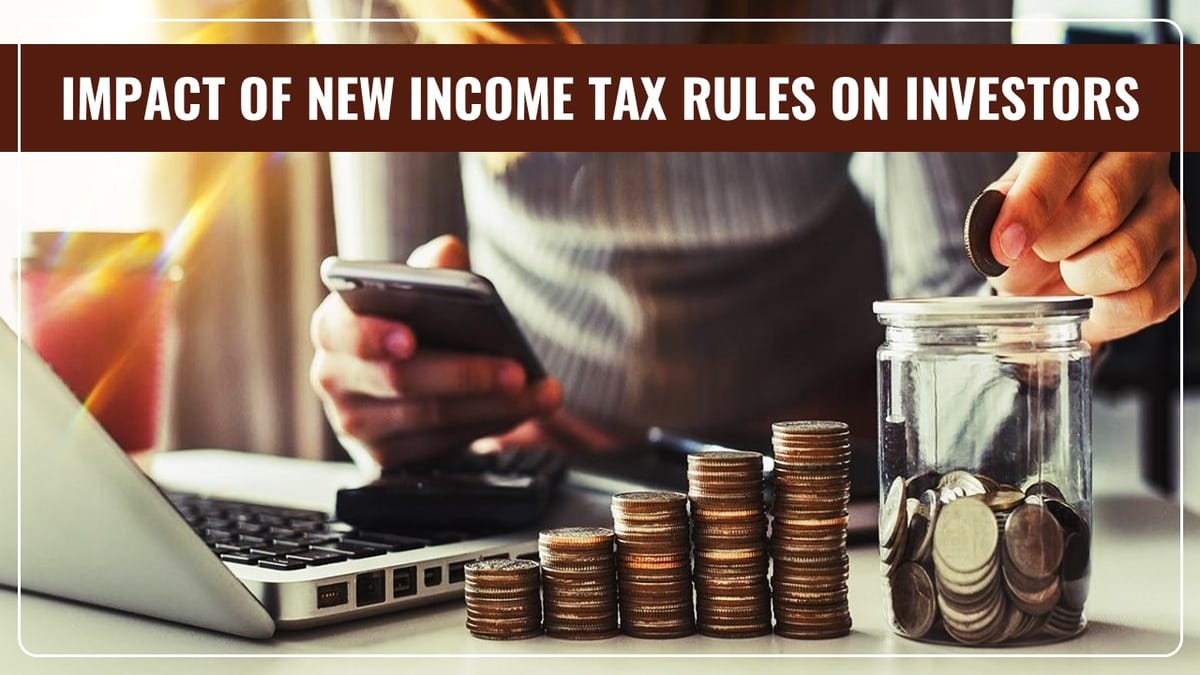After the union budget extended the income tax gap between PMS and MF, many believe that HNI investors will be enticed to shift their investments to mutual funds.
Reetu | Aug 16, 2024 |

New Income Tax Rules: Will it Encourage Crorepati Investors to shift from PMS to Mutual Fund?
After the union budget extended the income tax gap between PMS and MF, many believe that HNI investors will be enticed to shift their investments to mutual funds because of their tax-friendly characteristics.
The union budget announced a rise in capital gains tax. Short-term gains on specified financial assets were increased to 20% from 15% previously. Long-term gains on all financial and non-financial assets have been increased to 12.5% from 10% previously. Following the budget announcement, the tax rate differential, which was formerly 5%, was increased to 7.5%.
“In terms of taxes, PMS perform poorly when compared to MFs, which is a major disadvantage. Unlike PMS, which imposes taxes even if clients do not liquidate but fund managers make changes to the portfolio, mutual funds only levy short-term or long-term capital gains when investors sell their units. With an average turnover ratio of 50% in PMS, there is an additional 1-2% tax obligation on total assets,” said an expert.
Equity mutual funds saw an inflow of Rs.37,113 crore in July 2024, compared to Rs 40,608 crore in June, representing a 9% decrease month over month.
The question now is whether the AMFI data show that investors are shifting money from PMS to MFs when tax rates change. Is the outflow from PMS impacted by the Budget?
A tax specialist stated, “PMS is a personalized portfolio created around specific themes or concepts that are difficult to replicate in mutual funds, which are more of a mass-market investing vehicle. PMS has gained traction in recent years due to personalization, thematic approaches, and other factors, resulting in respectable alpha production. Although it is too early to estimate if PMS will be affected, investors will almost probably shift a larger amount of their portfolio to mutual funds in the future to lower their tax liabilities.”
PMS is a tailored version of mutual funds. Investors can personalize their portfolios based on their unique needs and interests. Mutual funds, on the other hand, are pooled investment vehicles that collect money from investors before investing it in a diverse portfolio of securities.
PMS and mutual funds are not the same thing. What should investors do if they want to switch because they believe PMS providers will struggle to outperform MFs in terms of returns?
Given that PMS is designed for individualized portfolios, investors would be subject to higher taxes as a result of portfolio restructuring, reducing alpha development. The core portfolio should be created by allocating 70-80% to mutual funds. The remaining share can be assigned to other satellite equity assets, such as PMS or AIF, which give some customization and help generate additional profits dependent on the theme run.
In case of any Doubt regarding Membership you can mail us at [email protected]
Join Studycafe's WhatsApp Group or Telegram Channel for Latest Updates on Government Job, Sarkari Naukri, Private Jobs, Income Tax, GST, Companies Act, Judgements and CA, CS, ICWA, and MUCH MORE!"